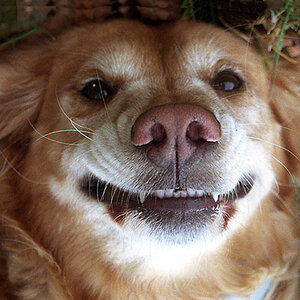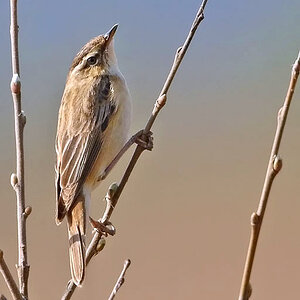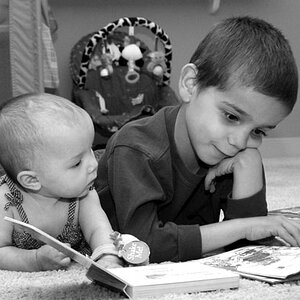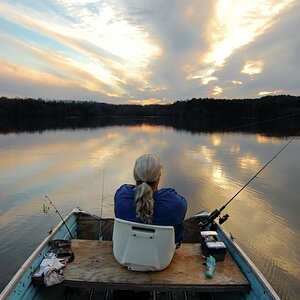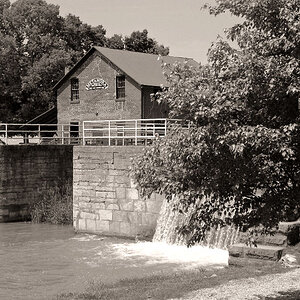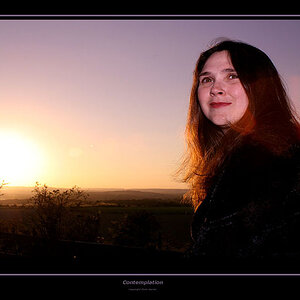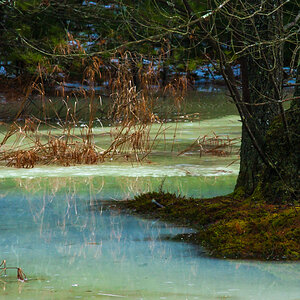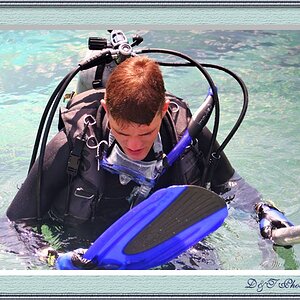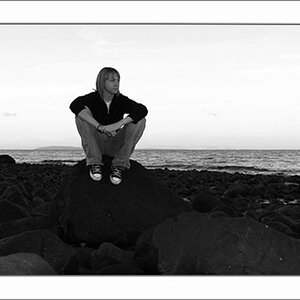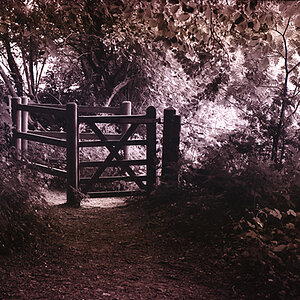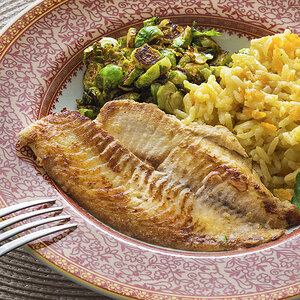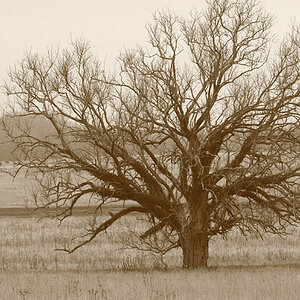lawrencek328
TPF Noob!
- Joined
- Nov 7, 2013
- Messages
- 87
- Reaction score
- 5
- Location
- Los Angeles, CA
- Can others edit my Photos
- Photos OK to edit
hey guys love the forum you guys are great help
im just getting started with my dslr been a few months. people on the forum recommended a 50mm f/1.8 lens to take pictures during night time
would this one be sufficient enough?
Amazon.com: Canon EF 50mm f/1.8 II Standard AutoFocus Lens - Gray Market: Camera & Photo
im just getting started with my dslr been a few months. people on the forum recommended a 50mm f/1.8 lens to take pictures during night time
would this one be sufficient enough?
Amazon.com: Canon EF 50mm f/1.8 II Standard AutoFocus Lens - Gray Market: Camera & Photo
As an Amazon Associate we earn from qualifying purchases.


